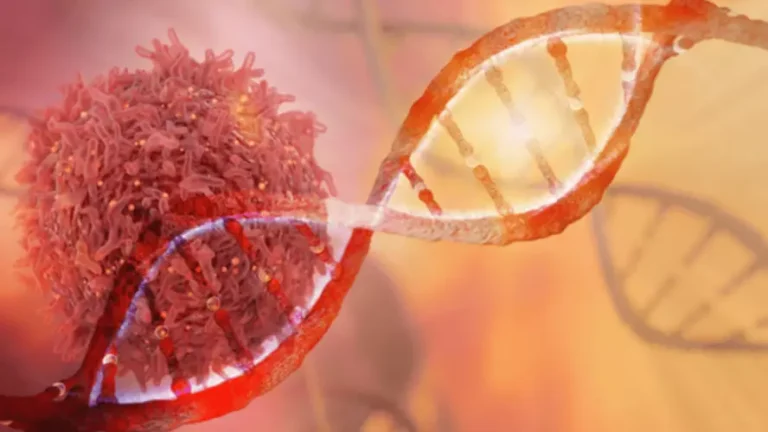How to Help Someone With an Alcohol Problem: Intervention, Support & Recovery
Supporting family and friends through alcohol intervention is difficult. However, with the tips and strategies shared in this post, we hope you feel more confident. You’ll be able to provide support in a healthy and constructive way. Two programs that offer support to those who struggle with alcohol addiction are Alcoholics Anonymous (AA) and SMART recovery meetings. A professionally-conducted intervention session is headed by a qualified interventionist, a mental health specialist, or a licensed alcohol and drug counselor. The session may take place at the counselor or the interventionist’s office or in some place of your choice.
Tips for a Successful Intervention
- Following is some information and advice about alcohol interventions that should help.
- Consequences include damaged relationships, legal troubles and declines in health.
- However, knowing the signs of alcohol use disorder can help you identify if a person is potentially struggling with it.
- (2) Only trained professionals can officially diagnose a person with alcohol use disorder.
Because of this, you shouldn’t sit back and wait for the condition to get better on its own. In fact, waiting to intervene can cause more damage to a person’s overall health and wellness. This activity provides 0.75 CME/CE credits for physicians, physician assistants, nurses, pharmacists, and psychologists, as well as other healthcare professionals whose licensing boards accept APA or AMA credits.
Potential Outcomes for Alcohol Intervention
It’s a compassionate and well-thought-out approach to encourage your loved one to seek the support they need. In some cases, your loved one with an addiction may not accept the treatment plan. They also may be resentful and accuse you of betrayal or being a hypocrite. A successful intervention must be planned carefully to work as planned. Your loved one may feel attacked and become isolated or more opposed to treatment.
Start Healing from Drug and Alcohol Addiction Today
We suggest avoiding any judgments, and instead, focus on keeping the person safe. You should also remove any alcohol from the vicinity and ensure that the person remains hydrated. You don’t want to fumble around for something to say or say the wrong thing during the meeting.
- If the subject of the intervention knows they have support as they enter medical detox and a comprehensive rehabilitation program, they are more likely to agree to treatment.
- If you believe someone is experiencing an alcohol use disorder, it’s essential that you seek help for them as soon as possible.
- Depending on the severity of their AUD, different types of therapy may be recommended.
- Getting worked up or frustrated will only worsen the situation and make your loved one feel defensive.
- One of the most common things a loved one can do is stage an intervention, but there are also several things a person should not do without the input of a medical professional.
If you’re considering whether an intervention is the right step, this article will explore its types, purpose, and potential outcomes without overwhelming you with jargon or unnecessary detail. If your loved one needs help with their addiction, you can stage an intervention to encourage them to get clean. Talk to their close family and friends to put together a small team of people your loved one is likely to listen to. Meet up before the intervention and draft a treatment plan to present to the person.
- This professional will structure the planning process, guide the intervention team, and lead the overall event.
- Planning an intervention can be a daunting task and it’s one that shouldn’t be taken lightly.
- If anyone around someone with an alcohol use disorder is experiencing problems in their own life, it’s important that they seek help alongside getting help for the person with the condition.
- If a person does begin to experience cravings, or if they have a relapse, they don’t have to start all over—their treatment professionals will help them get back on track.
- After all, the end goal is not merely sobriety but a reclaimed life, full of promise, hope, and joy.
Straying away from the plan can quickly send an intervention off the rails, prevent a positive outcome, and make family tensions worse. Be ready to remain calm in the face of accusations and anger from your loved how to do an intervention for an alcoholic one. Group members should be informed about the extent of the addict’s problem and research the condition and treatment programs. The group may begin arrangements to enroll the loved one in a specific program.
Table of ContentsToggle Table of ContentToggle
Many addiction treatment providers limit contact with those outside the program to one degree or another. This is an intentional choice to help people with addiction issues focus on recovery and build a foundation of sobriety. Generally, more interaction with the outside world is allowed and encouraged over time.
Providing consistent support and readiness to help without inducing guilt or blame can encourage a loved one to consider seeking treatment after they have initially refused. Gaining knowledge on the available treatment types marks an essential step towards a loved one’s recovery. Treatment options can range from medication-assisted treatment, behavioral therapies, and support groups. Offering a choice in what treatment center can improve clients’ motivation to engage and commit to their recovery plan. Family, friends, and colleagues bring unique insights to the process of the intervention through their personal relationships with the loved one.
It is intended as a resource to understand what treatment choices are available and what to consider when selecting among them. An intervention is not a place to embarrass, shame, or scold the person struggling with addiction; these tactics are more likely to make the person retreat further into substance abuse patterns. The involvement of a spouse, family members, and others is critical to help a person with an addiction stay in treatment and avoid relapsing.

